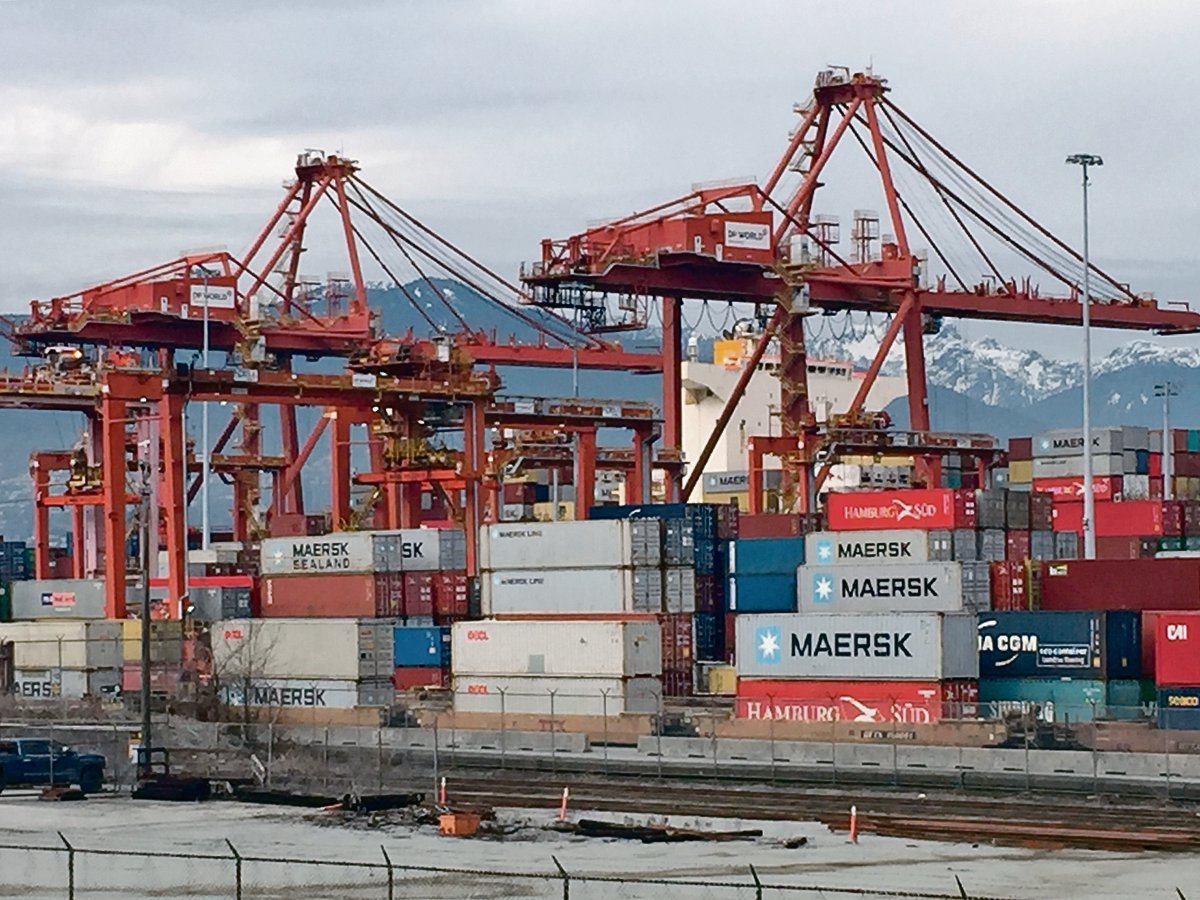The Manitoba Labour Board ruled June 26 that the 47 Mexican migrant workers at Mayfair Farms in Portage la Prairie are able to join a union.
In a News release
news, United Food and Commercial Workers Local 832 president Robert Ziegler called the decision precedent setting for the 18,000 foreign workers that come to Canada every year from Mexico and the Caribbean. UFCW Canada has three other farm union certification applications pending in other provinces.
“This decision shows that seasonal workers who come to our province to work will be offered the same protection as Canadian workers working beside them,” Ziegler said in the release.
Read Also

Message to provincial agriculture ministers: focus on international trade
International trade stakeholders said securing markets in the face of increasing protectionism should be the key priority for Canada’s agriculture ministers.
In September 2006, the union claimed to have signed up more than 65 percent of the workers, which under Manitoba law entitles them to automatic union certification.
One month later, 43 of the workers signed statements saying that they were misled and did not want to join a union.
The board, which held hearings in January, called the objections “untimely” and ruled in late June that the UFCW Local 832 could act as the certified bargaining agent.
Todd Giffin, who along with his extended family owns Mayfair Farms, a 1,200 acre operation growing mainly labour-intensive crops such as cabbage, cauliflower, Spanish onions, pumpkins and strawberries, said he was “not very happy” about the decision.
Calling it the unionization of the family farm, he said he would be going over the implications of the decision with his lawyer in the coming weeks.
“It’s very frustrating and unfortunate,” he said.
The Mexican workers, who are paid $8 an hour plus piecework rates, begin arriving on the farm each year in late April and return home in December. They do the “stoop” labour, mainly hand weeding and picking. The workers stay in free accommodations in mobile homes on the farm. Many choose to come back year after year, said Giffin.
Already, he has had to drop some crops and reduce his workforce from 60 to 49 Mexican workers because of higher labour costs. If costs rise further, Mayfair Farms might have to switch to less labour-intensive crops, he added.
“You may see us drop all of the vegetable crops. We might stick with pulse crops and grain in the future,” said Giffin.
“The end result might be that they won’t be coming back. And then we’ll be importing more pickles from India. I guess that’s the way of the world.”
Jeff Traeger, secretary-treasurer of UFCW local 832, said now that the union has been certified as a bargaining agent for the workers, it is applying for the right to enter farm property and talk to the workers directly.
The union will then inform the employer that it wishes to negotiate a contract and elect shop stewards. After that, a collective agreement aimed at securing higher wages and improved working conditions would be sought.
“At this point we are focusing on this particular farm,” he said, adding that if workers in other locations seek assistance, the union would be happy to provide it.
According to the Human Resources and Social Development Canada website, wages for Mexican workers are set by the Mexican and Canadian governments under the Seasonal Agricultural Worker Program.
Employers are required to pay migrant workers the same wages as they would Canadian workers, provide free housing and return airfare, ensure that they are covered by Worker’s Compensation and see that they are provided with private or provincial health insurance. Working conditions and duties are outlined in a contract.
Keystone Agricultural Producers president David Rolfe said the organization has a number of “very serious concerns” about the process that led to the creation of the first union for migrant workers in Manitoba.
KAP believes the federal programs that oversee the migrant workers’ contracts ensure a high standard for working conditions and wages for the employees.
Unionization adds new costs for farm businesses that already work under tight margins in a competitive marketplace, Rolfe said, adding that the push to unionization could force farm enterprises to either limit their number of employees or go out of business.














